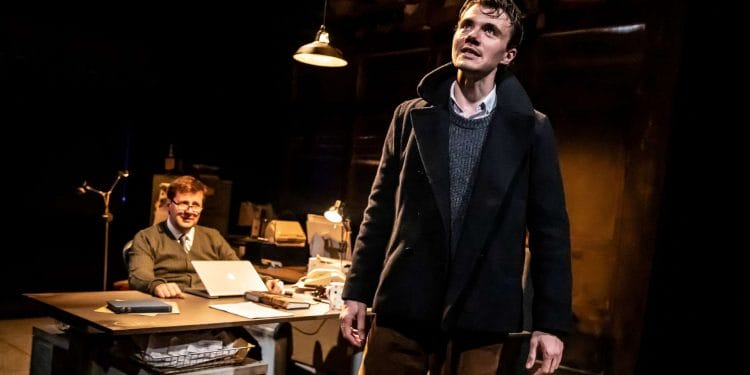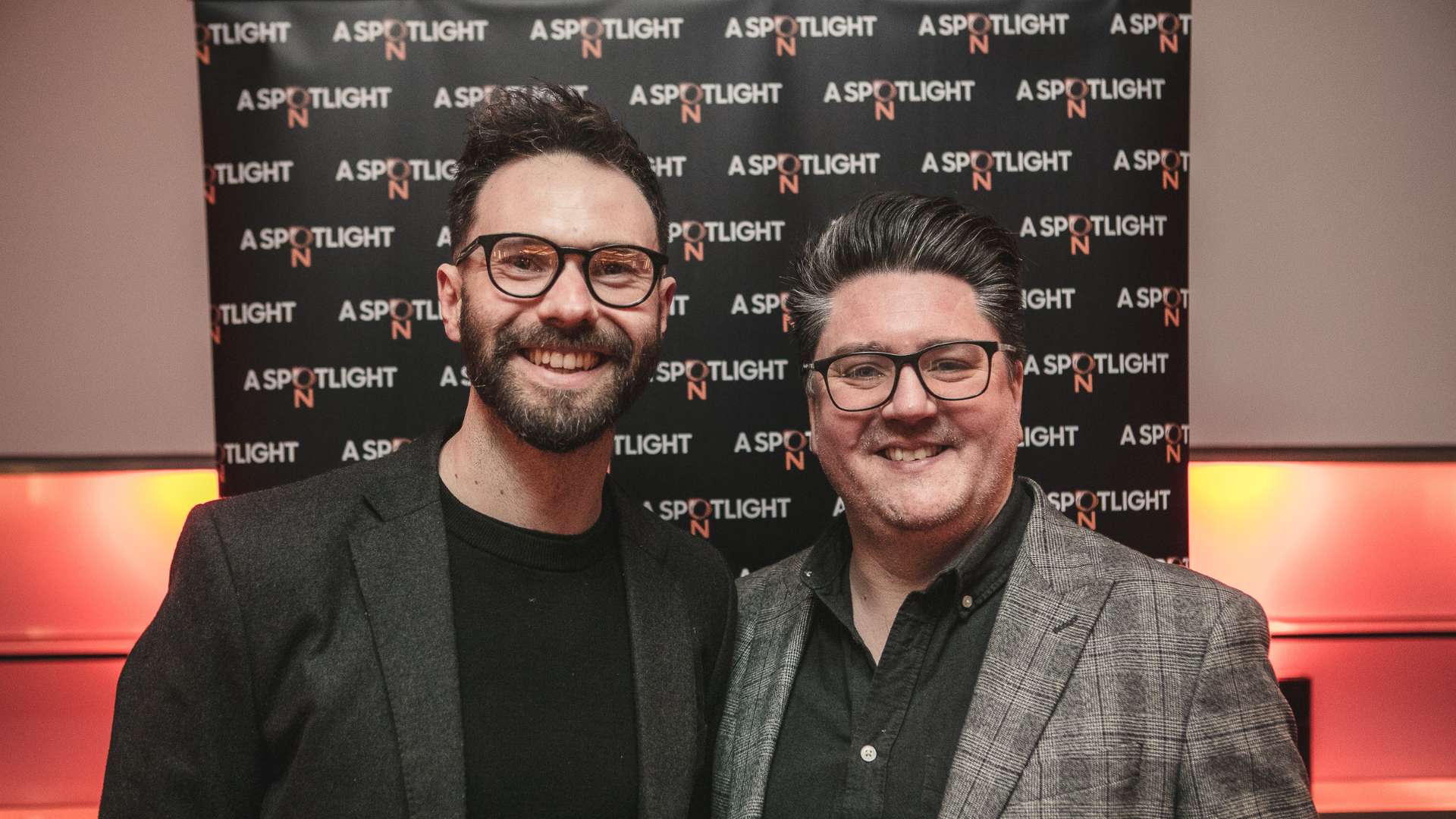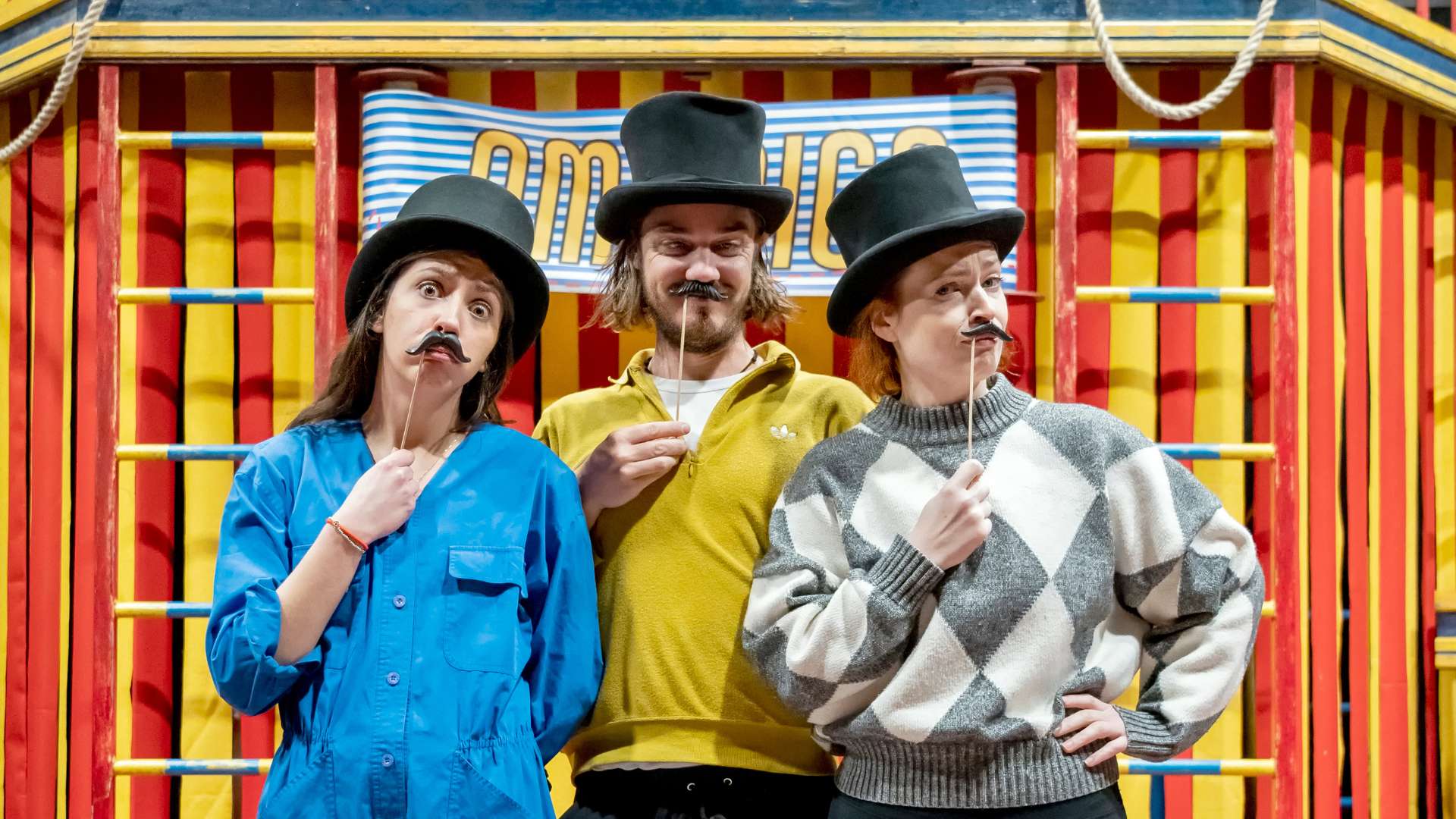 While not everyone relishes the heart-stopping nature of the horror genre, there’s certainly proven demand for it in theatre. The Woman in Black is set to return to the West End this month, and Ghost Stories proved to be wildly popular when it played the Ambassador’s. With such a thirst for thrills and scares, writers James Milton and Paul Morrissey, who also directs, bring When Darkness Falls to the Park Theatre.
While not everyone relishes the heart-stopping nature of the horror genre, there’s certainly proven demand for it in theatre. The Woman in Black is set to return to the West End this month, and Ghost Stories proved to be wildly popular when it played the Ambassador’s. With such a thirst for thrills and scares, writers James Milton and Paul Morrissey, who also directs, bring When Darkness Falls to the Park Theatre.
This is one of the many London productions that was forced to reschedule (more than once) because of the pandemic. It’s arrival at The Park Theatre signals a return to normality, although the theatre is, sensibly, continuing with social distancing, which lends itself well to this particular production.
With the audience spaced out, you do feel a little more ‘alone’, and for a play that’s designed to scare and startle its audience, it’s already got an advantage. Set on Guernsey, When Darkness Falls, in influenced by folklore in the way it spins out five terrifying tales.
Justin Williams’ set of a cluttered, but comfortable, office reflects the personality of history teacher John Blondel (Will Barton). As founder of the local Historical Society, this troubled man is recording the first of the society’s vlogs, with the help of an invited guest; The Speaker (Alex Phelps). Each tale that The Speaker relays is supposedly more terrifying than the previous, and of course there’s an all-important twist to shock the audience even further.
While the stories themselves are well constructed, and affectionately embrace local folklore, the overall structure is cumbersome, the nature of the way the stories are told means they sometimes become confusing, especially when Barton and Phelps melt unexpectedly into the characters of the particular story being told.
Alex Phelps has the most difficult role, having to do the bulk of the storytelling, which includes witches being burnt at the stake, and a Nazi haunted by his first victim. Phelps does incredibly well to hold the audience with a well-paced delivery, and even when the writing fails to grip the audience, Phelps succeeds.
The promised frights and scares come less from the writing, and more from the illusions and stage trickery created by John Bulleid. They certainly cause a few jumps in the audience, but it’s not quite enough. Where productions like The Woman in Black and Ghost Stories excel is in the building of suspense, something that When Darkness Falls never seems to manage.
When Darkness Falls, though problematic in places, does give its audience some well formed stories, which are told in gripping fashion by Alex Phelps. There’s also good use of repeating themes, and some subtlety in the clues that point towards the climax, but it does lack the means to be the true spine-tingling horror it hopes to be.























Comments 2